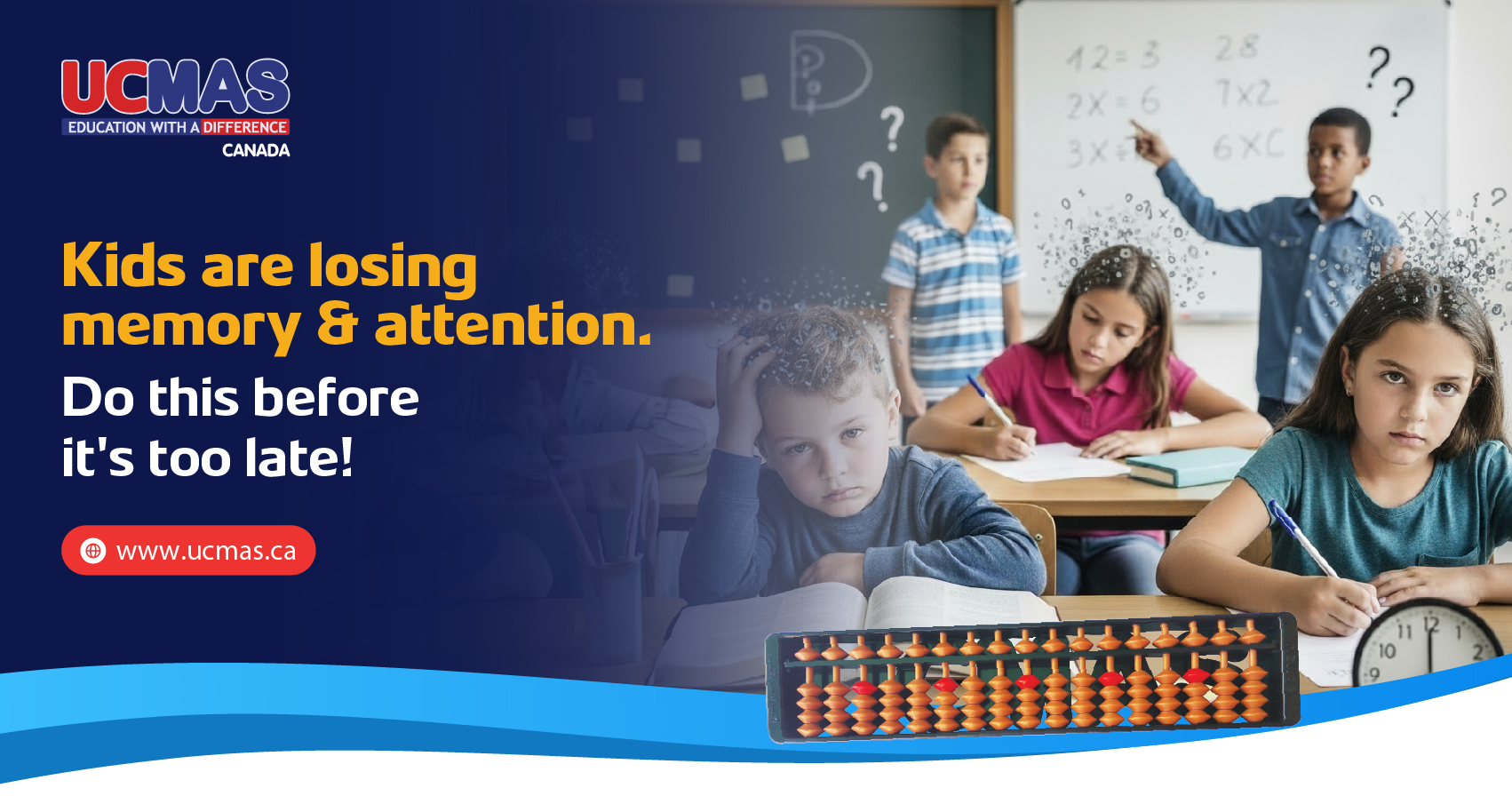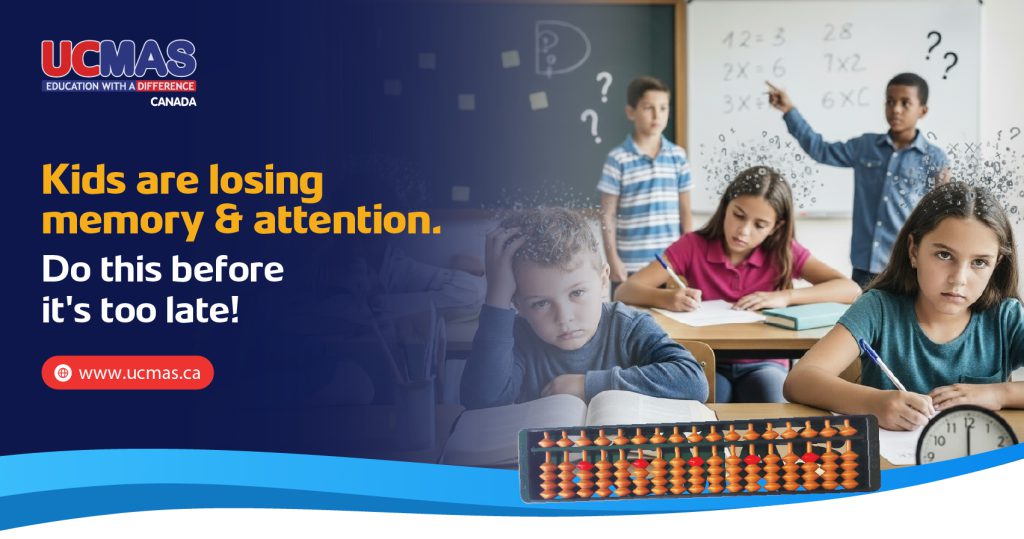
Imagine a world where kids can ask Siri for every answer, use ChatGPT to write essays, and rely on calculators before they even master basic multiplication. That world isn’t tomorrow – it’s already here.
So, as a parent, you might be asking: Does my child really need something as traditional as the abacus when AI can do math in milliseconds? Is signing up for abacus classes near me just nostalgia, or is there real value hidden in those wooden beads?
In this blog, we’ll explore whether abacus math remains relevant in the era of AI. We will also discuss the science behind abacus learning. The goal here is to help you decide whether or not to enroll your child in an after-school program or an abacus learning centre.
The Growing Demand of Afterschool Programs like Abacus Learning
Let’s start with the bigger picture. In the U.S., about 85% of public schools offer afterschool programs, and 60% of those are academically focused. But even among these, many schools can’t enroll all interested students – only 37% can accommodate every kid who wants to join an academic afterschool program.
That tells us that more and more parents are looking for afterschool programs that really build skills. That’s where abacus math programs like UCMAS step in.
Across many regions, searches for “abacus classes near me” have increased steadily over the past few years, indicating that parents are seeking alternatives to passive, screen-based learning. The appeal is simple: abacus math doesn’t just improve calculation – it strengthens memory, focus, and visualization, all of which are skills children need to thrive in an AI-driven future.

What’s fueling this demand?
- Digital fatigue: Parents are concerned that excessive reliance on apps and gadgets is diminishing their child’s ability to think independently. Abacus provides a screen-free, tactile solution.
- Proven results: Research shows that abacus-trained kids consistently perform better in math and cognitive tests than their peers.
- Global recognition: With abacus competitions and certifications gaining visibility worldwide, many parents see abacus training as both an academic and confidence-building advantage.
- STEM foundation: As coding and AI literacy become essential, abacus gives children the mental agility and problem-solving foundation they’ll need later.
In short, the abacus isn’t a relic, it’s a sought-after skill. Parents who once might have overlooked it are now eager to enroll their kids in an afterschool program that delivers something AI tools can’t: a stronger brain.
Abacus Learning or AI Learning: Understanding the Difference
Both abacus programs and AI-powered tools promise to make children sharper with numbers—but they approach the goal very differently. While, abacus strengthens the brain behind the math, AI often does the math for the brain.
To understand this further, here is a quick comparison between Abacus learning and learning with AI.
| Aspect | Abacus Learning | AI Learning |
| Learning Approach | Hands-on, tactile, and screen-free, children visualize and mentally manipulate numbers. | App-based, instant solutions; children rely on algorithms for answers. |
| Skill Development | Builds concentration, memory, visualization, and problem-solving abilities. | Improves speed and exposure to advanced math concepts, but often at a surface level. |
| Dependency | Encourages self-reliance and independent thinking. | Creates dependency on devices and apps for solutions. |
| Brain Impact | Enhances neuroplasticity and activates both hemispheres of the brain. | Limited brain engagement—focus is more on using tools than training mental faculties. |
| Confidence Building | Kids gain confidence from solving problems on their own. | Kids may feel capable while using the app, but less confident without it. |
| Accessibility | Requires joining an abacus learning centre or structured afterschool program. | Accessible anytime via phones, tablets, or computers. |
| Future Relevance | Strengthens foundational skills that support STEM, coding, and lifelong learning. | Useful for exposure to digital tools, but risks creating passive learners. |
What The Science Says About Abacus Learning
So, does this “old-school tech” really work wonders for the brain? Yes, and its not us who are saying this, here are some solid, research-backed evidence:
1. Enhanced Cognitive Skills & Brain Structure
Studies show abacus-based mental calculation (AMC) enhances working memory, math performance, and even alters brain structure and function, especially in frontal-parietal and visual processing regions.
2. Executive Function Gains in Young Children
Even simple abacus tasks light up the prefrontal cortex more than classic memory tests—meaning your child’s executive functions (like working memory) get a real workout. If you’re looking to learn more on this subject, our blog on The Science Behind Abacus Intelligence can greatly help.

3. Real Improvements in Attention, Memory, Creativity
In a randomized controlled trial involving children aged 7–11, those who trained with an abacus for just eight weeks showed significant improvements in concentration, immediate memory, perceptual skills, and creativity compared to a control group that received no abacus training.
4. Long-Term Math Learning Gains
Another 5-year longitudinal study found that children who did abacus-based training from grades 1–5 showed better long-term gains in math ability. This clearly tells us why real intelligence still matters in the age of AI.
5. Social & Emotional Benefits of Afterschool Programs
Afterschool programs—including academically oriented ones—boost school engagement, attendance, social skills, and well-being. Nearly half of chronically absent students attending an afterschool program also showed improved attendance.
So, Should You Sign Up for Abacus Learning in the AI Age?
Yes—definitely a “Yes.” But here’s how to frame it:
- Abacus isn’t anti-AI; it’s pro-brain. AI gives instant solutions, but the abacus intelligence gives your child the mental tools to create solutions.
- It builds fundamental skills, like focus, memory, and neural resilience, that are essential for learning everything from coding to complex reasoning.
- When combined with a nurturing afterschool program, the abacus becomes a space for cognitive, social, and emotional growth.
- It’s a powerful bridge between classic tactile learning and the digital future.

UCMAS Abacus Math: A Smarter Alternative to Screen-Only Learning
At the end of the day, abacus math program isn’t just about moving beads—it’s about moving minds. And that’s exactly what UCMAS has been doing for over 30 years across the globe. With a proven abacus math program, dedicated instructors, and a curriculum rooted in neuroscience, UCMAS transforms math from a subject kids fear into a skill they own.
Parents who choose UCMAS aren’t just signing their children up for another afterschool program – they’re giving them access to a lifelong learning advantage. So, if you’ve a parent who has ever typed “abacus classes near me” or wondered how to give your child an edge in an AI-driven world, UCMAS is here to help you.
Book an info session with us to discover how we can help unlock your child’s extraordinary potential. We also recommend that you read this Abacus Mental Math Glossary, which will help you brush up on some new abacus mental math terms.






